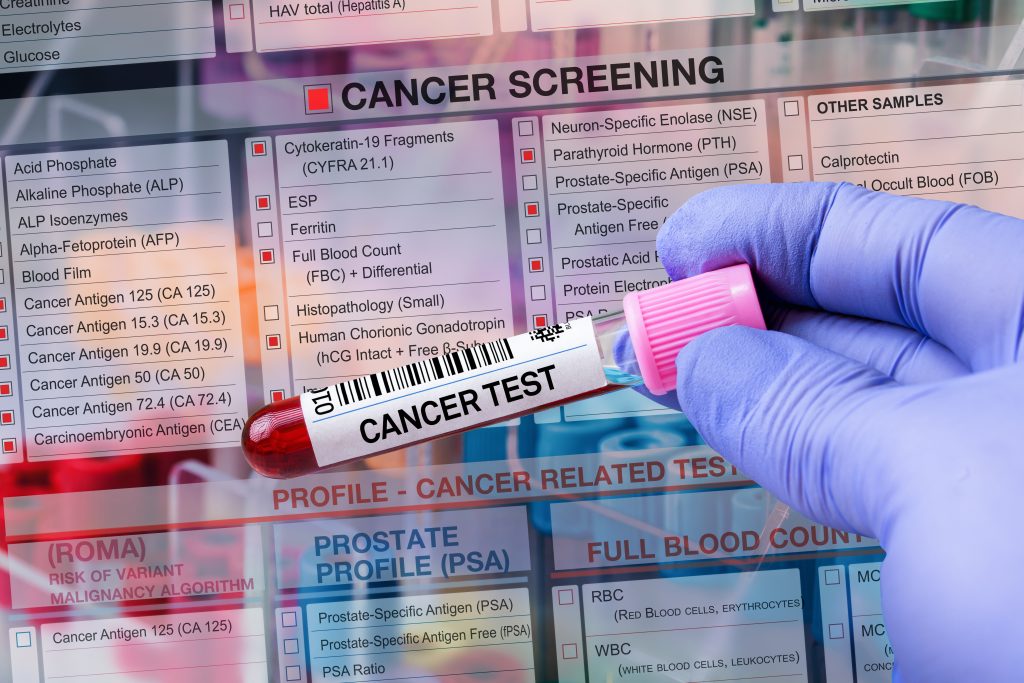As the new Senate Majority Leader, John Thune will continue to drive South Dakota’s legacy of strong leadership on Capitol Hill. Now, advancements in cancer screening technology present him with a unique opportunity to build on his commitment to rural healthcare—one that will not only impact lives today but for generations to come.
The burden of cancer is alarmingly high in South Dakota, where it accounts for one in four deaths each year. Fortunately, bipartisan legislation has gained sweeping support to expand access to innovative cancer screenings, which can greatly decrease the burden of cancer by enabling earlier detection and treatment. Thanks to Senator Thune’s leadership, this legislation continues to advance in Congress. We’ll be cheering him and his colleagues on as they work to pass this critical bill this year.
Congress is incredibly close to passing the Medicare Multi-Cancer Early Detection Screening Coverage Act this year. The legislation would provide millions of Medicare beneficiaries access to a new screening tool capable of detecting multiple cancers earlier. Earlier diagnosis means more effective, less invasive, and more affordable treatment options, and a better quality of life for South Dakotans.
Majority Leader Thune has the power to ensure this legislation doesn’t stall in the current Congress but instead moves swiftly to the President’s desk. By doing so, he can help shift the healthcare system toward prevention, empowering seniors to take control of their health.
Currently, Medicare covers screenings for only five types of cancer—breast, cervical, colorectal, lung, and prostate. However, 70% of cancer deaths result from cancers that lack early detection methods and can spread before symptoms appear.
Now, innovative blood tests offer a game-changing solution. Multi-cancer early detection (MCED) tests can detect dozens of cancer types with a blood draw. For rural communities, these tests are particularly beneficial, since they can be conducted in nearly any medical care setting. MCED tests have the potential to greatly decrease the burden of cancer in South Dakota. Additionally, increased early detection can help lower healthcare costs by reducing reliance on more expensive, late-stage treatments and hospitalizations.
The bill has enjoyed rare bipartisan co-sponsorship from nearly 400 lawmakers as well as overwhelming support from the cancer advocacy community.
Most cancer patients are over the age of 65. We now have the chance to give them a better shot at life. South Dakota is fortunate to have Senator Thune serving the nation, and we hope he makes cancer prevention a top priority as he steps into his greater leadership role.


